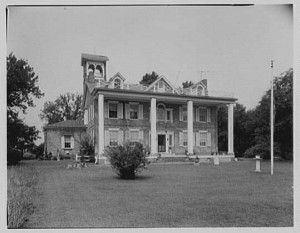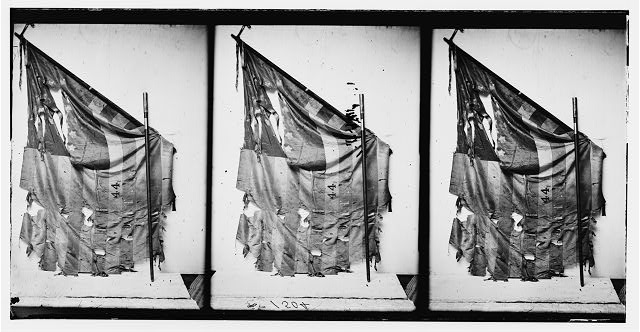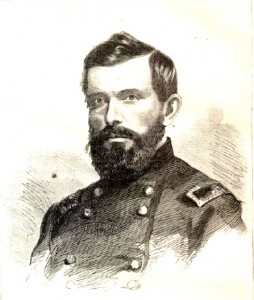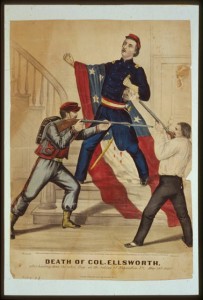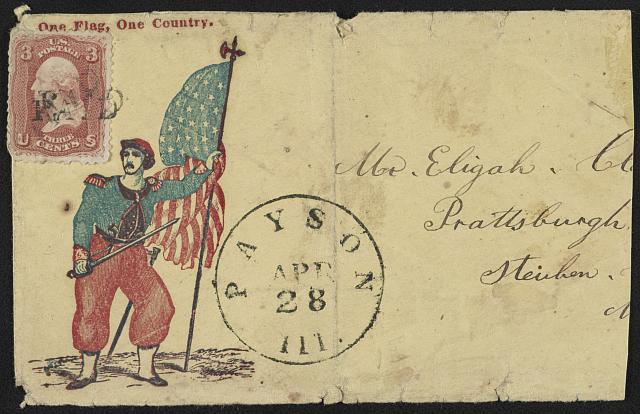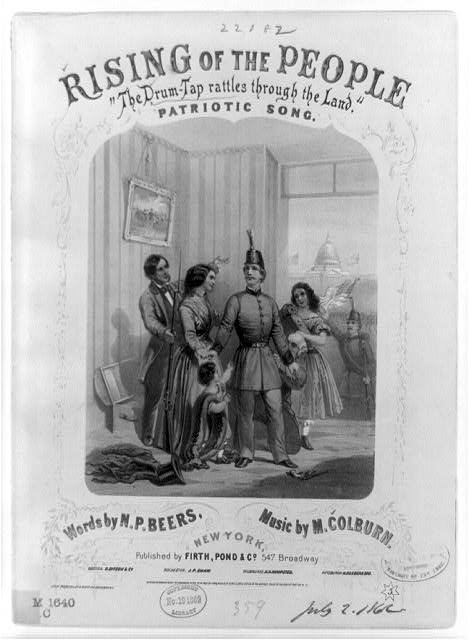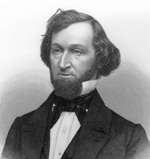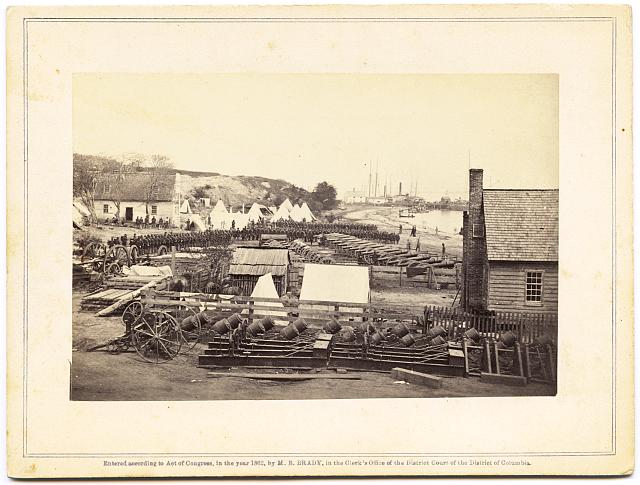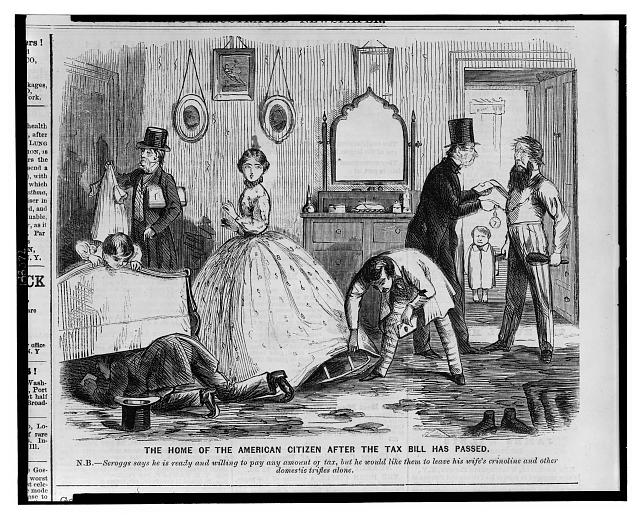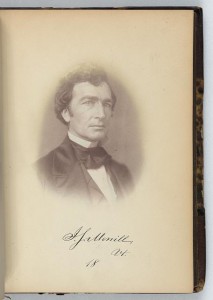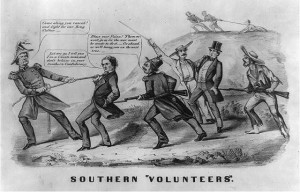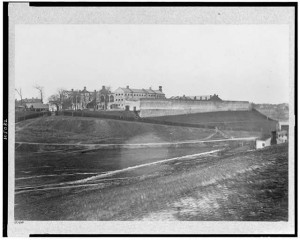Sorry – you’re a United States Presbyterian
A little news from Charlotte, North Carolina. Things are going pretty well a good distance away from the Federral incursion. Similar to Wall Street in the North, cotton prices are tracking Confederate military fortunes. Refugees from the Virginia coast are finding plenty of CSA government employment (apparently, not only in the army).
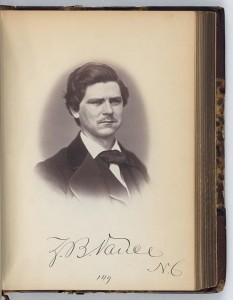
Colonel of the 26th North Carolina has hat in ring
From the Richmond Daily Dispatch July 14, 1862:
correspondence of the Richmond Dispatch.
things in the old North State–Crops — Cotton in Distend — refugees — the Wives of our Generals, &c., &c.,
Charlotte, N. C., July 9, 1862.
The approaching election of Governor is exciting much interest, and much feeling is manifested by the friends of the candidates–Col. Vance and Col. Johnson. The papers throughout the State are much exercised on the subject, and it is impossible to say what will be the result. It is confessed, however, that both of the distinguished candidates are good and true men.
Corn looks well, and with a favorable season, an immense crop will be realized. Cotton is commanding large prices, though the planters will hardly sell at all now. Large quantities of this staple are stored away in this portion of the State, Since the great victory at Richmond, cotton can’t be bought for less than from 15 to 20 cents per pound, and not much could be bought even at that, There is a belief now that a good time is coming,” and that King Cotton is about to resume his reign.
Charlotte is filled up with refugees. There are several hundred here from Norfolk and Portsmouth, Government factories are being established, and every one can find employment.
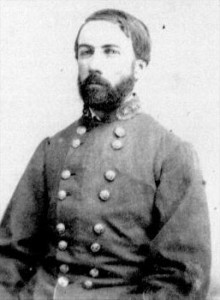
(Southern) Presbyterian elder and Confederate general
This is the home of Major General D. H. Hill, For years he has been Professor in the Military Institutes here. Mrs. Stone wall Jackson is here on a visit to her sister, Mrs. General Hill. When Gen. Hill was Professor in Washington College, Lexington, Va., his wife’s sister paid his family a visit, and General Stonewall, then Professor in the Military Institute there, formed her acquaintance. Thus it happens that these two brave men are brothers in law. Their father in law is a Presbyterian clergyman, and lives near this place. By the way, both General Jackson and General Hill are elders in the Presbyterian church. Gen. Hill’s influence here is unbounded.
Among the Yankee prisoners at Salisbury is a chaplain, who was taken by General D. H. Hill. –He says that, having heard of what a pions [pious?] man the General was, and belonging to the same church with him, he expected to be treated with some consideration by that officer; but that, upon asking sundry favors, he found that his ecclesiastical relation was of little service, and that he is inclined to think that the General has a small opinion even of a preacher who comes to aid in subduing the South.
Charlotte, North Carolina “is traditionally considered the home of Southern Presbyterianism …”
Zebulon Baird Vance would serve as a fairly independent-minded governor. Vance raised the 26th North Carolina Infantry in 1861.The regiment, which fought throughout the war is “famous for being the regiment with the largest number of casualties on both sides during the war.”
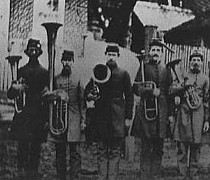
26th North Carolina Infantry Band

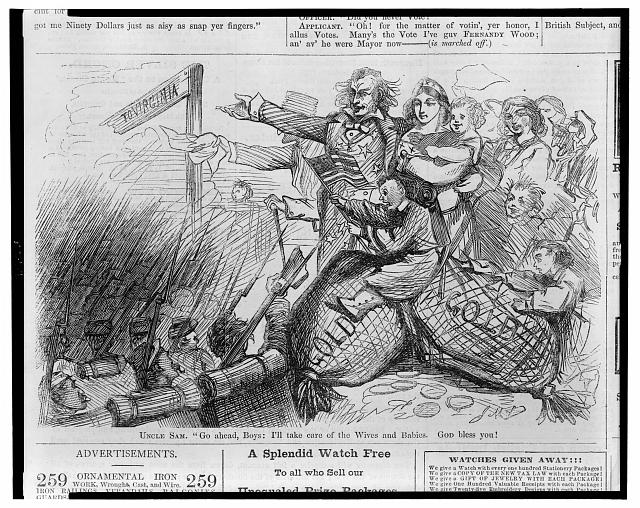
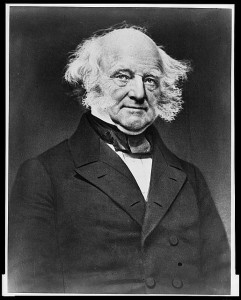
![Grand democratic free soil banner (ith. & pub. by N[athaniel] Currier, 152 Nassau St., cor[ner] of Spruce, N.Y., c1848; LOC: LC-USZC2-2465) Grand democratic free soil banner (ith. & pub. by N[athaniel] Currier, 152 Nassau St., cor[ner] of Spruce, N.Y., c1848; LOC: LC-USZC2-2465)](https://www.bluegrayreview.com/wp-content/uploads/2012/07/3b50339r-209x300.jpg)
